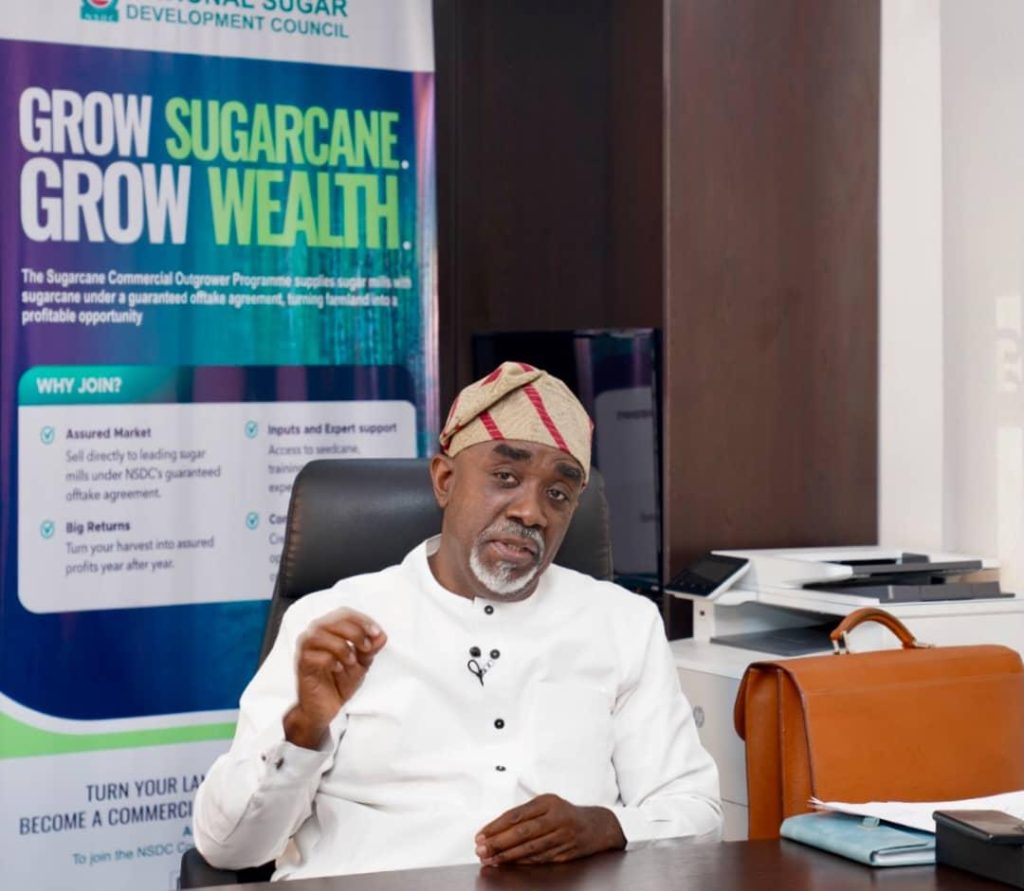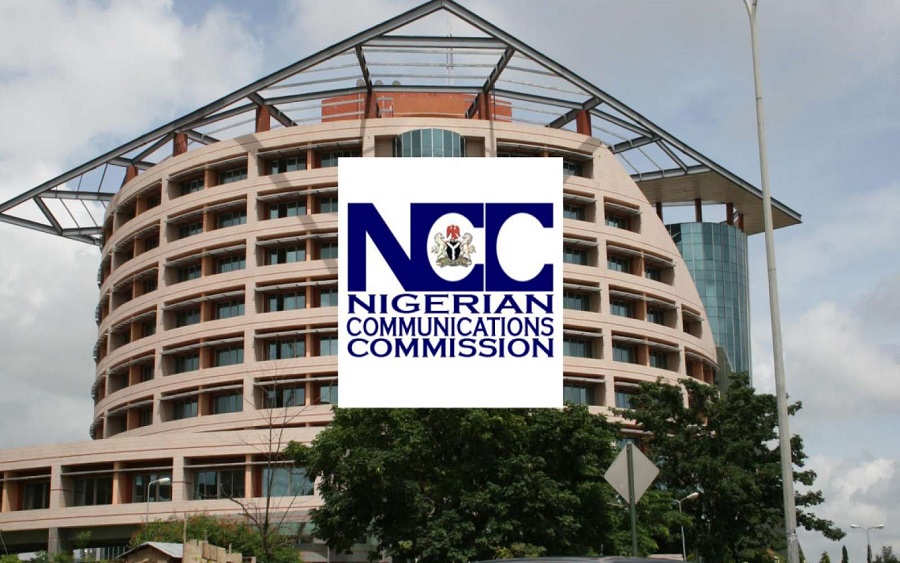Chad is at a pivotal moment in its history as the nation embarks on a significant constitutional referendum aimed at steering the country out of military rule and towards civilian leadership ahead of the 2024 elections. The passing of former President Idriss Deby in April 2021 brought about a series of political and social upheavals, with the Chadian population eagerly anticipating a return to civilian governance.
The referendum on the new constitution, scheduled for Sunday, December 23, 2023, is seen as a crucial step in bridging the deep political and social divides that have plagued the oil-producing nation. With 8 million registered voters, the stakes are high as the country seeks to chart a new course.
The passing of former President Idriss Deby, followed by the military’s dissolution of parliament and suspension of the constitution, set the stage for a contentious power struggle. The subsequent appointment of Deby’s son, Mahamat Idriss Deby, to lead a Transitional Military Council (TMC) as the temporary president further fueled tensions.
Under the current military leadership, which has the authority to prolong its “transitional” rule for an additional 18 months, Chadians are grappling with conflicting perspectives on the proposed constitution. The new constitution aims to create autonomous communities with local legislatures and councils of traditional chiefdoms, offering promises of greater independence.
However, amidst the backdrop of threats, arrests, and intimidation, the opposition has vehemently voiced its skepticism, advocating for greater autonomy and the decentralization of power. Their message remains unwavering, despite facing crackdowns and suppression from the authorities. The push for a return to civilian rule has been met with resistance, often culminating in violent confrontations during protests and rallies.
Some citizens have even called for a complete boycott of the referendum, arguing that it serves as a ploy by the military to consolidate its authority. Prime Minister Albert Pahimi Padacke pointed to the excessive influence exerted by the military authorities throughout the referendum process, raising concerns about the fairness and transparency of the constitutional transition.
As Chad stands at a crossroads, grappling with the complexities of its political landscape, the journey towards stability and civilian governance remains a formidable challenge. Since gaining independence in 1960, the nation has been plagued by recurring instability, making the present constitutional referendum a pivotal moment in shaping Chad’s future trajectory.



